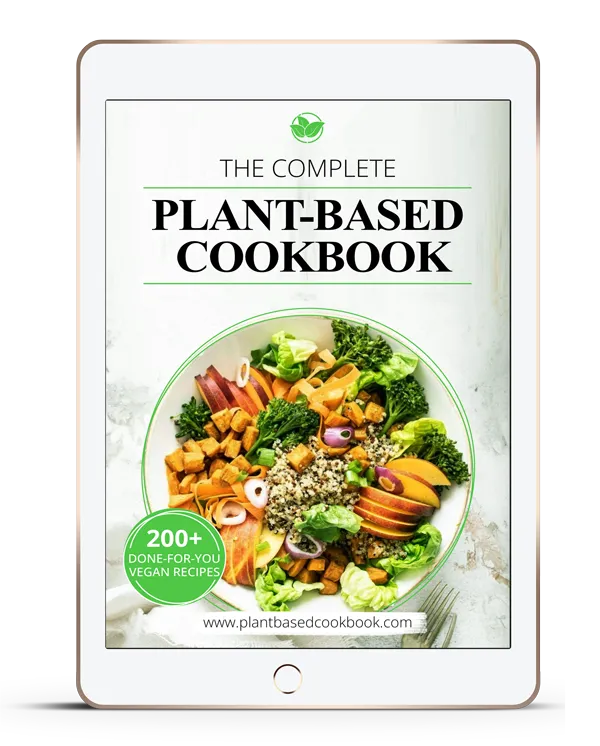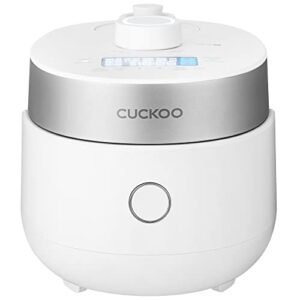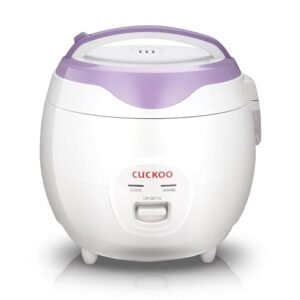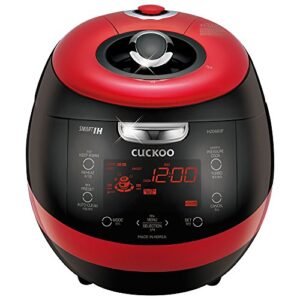Cooking pasta in a rice cooker is a convenient and quick way to prepare a meal. However, cleaning up the rice cooker is not such a simple, or pleasurable task, especially if you are not familiar with the process. Properly cleaning your rice cooker after cooking pasta is essential to prevent bacteria and mold buildup, which can negatively impact your health and the longevity of your appliance.
In this article, we will discuss the steps you need to take pasta, from removing excess water to scrubbing the inner pot and lid. We will also provide you with helpful tips to ensure your rice cooker stays in excellent condition for years to come.
Table of Contents
ToggleUnderstanding Your Rice Cooker
Before you start cleaning your rice cooker, it is essential to understand its components. Most rice cookers consist of an inner cooking pot, a heating plate, and a lid. Some rice cookers also come with a steam basket, which can be used for steaming vegetables or fish.
Steps to Clean Your Rice Cooker After Cooking Pasta
- Remove Excess Water: After cooking pasta in your rice cooker, you will notice excess water in the cooking pot. Remove the cooking pot from the rice cooker and carefully pour the excess water out.
- Soak the Pot: Once you have removed the excess water, soak the inner pot in warm, soapy water. This will help to loosen any pasta residue that may be stuck to the surface of the pot.
- Clean the Pot: After soaking the pot for a few minutes, use a soft sponge or cloth to scrub the surface of the pot gently. Be careful not to scratch the non-stick coating, if your pot has one.
- Clean the Lid: While the pot is soaking, clean the lid of the rice cooker using a damp cloth. Be sure to remove any pasta residue or water droplets from the lid to prevent mold from growing.
- Clean the Heating Plate: To clean the heating plate of your rice cooker, use a damp cloth or sponge to wipe away any pasta residue. Be sure to unplug your rice cooker before cleaning the heating plate.
- Rinse the Pot: After cleaning the inner pot, rinse it thoroughly with warm water to remove any soap residue.
- Dry the Pot: Once you have rinsed the pot, use a soft cloth to dry it thoroughly. Be sure to remove any water droplets from the surface of the pot.
Tips for Cleaning Your Rice Cooker
- Avoid Abrasive Cleaners: Do not use abrasive cleaners, steel wool, or scouring pads to clean your rice cooker. These materials can scratch the surface of the pot and damage the non-stick coating.
- Use a Soft Sponge or Cloth: Use a soft sponge or cloth to clean your rice cooker. These materials are gentle on the surface of the pot and will not scratch the non-stick coating.
- Clean Your Rice Cooker Regularly: Clean your rice cooker regularly to prevent the buildup of bacteria and mold.
FAQs
- Can I use vinegar to clean my rice cooker?
Yes, you can use vinegar to clean your rice cooker. Mix equal parts vinegar and water and use a soft sponge or cloth to clean the surface of the pot.
- How often should I clean my rice cooker?
You should clean your rice cooker after every use to prevent the buildup of bacteria and mold.
- Can I put my rice cooker in the dishwasher?
No, you should not put your rice cooker in the dishwasher. The heat and chemicals from the dishwasher can damage the non-stick coating on the surface of the pot.
4. How can I remove stubborn stains from my rice cooker?
To remove stubborn stains from your rice cooker, mix baking soda and water to make a paste. Apply the paste to the stained area and let it sit for a few minutes. Then, use a soft sponge or cloth to gently scrub the surface of the pot.
- Can I use bleach to clean my rice cooker?
No, you should not use bleach to clean your rice cooker. Bleach can be harsh on the surface of the pot and can damage the non-stick coating.
In summary, cleaning your rice cooker after cooking pasta is a simple process that can be done with a few basic steps. By understanding the components of your rice cooker, using gentle cleaning materials, and cleaning your rice cooker regularly, you can keep it in excellent condition for many years to come. Remember to avoid harsh chemicals, abrasive materials, and to always unplug your rice cooker before cleaning the heating plate. With these tips in mind, you can enjoy delicious pasta meals without worrying about the cleanup process.





